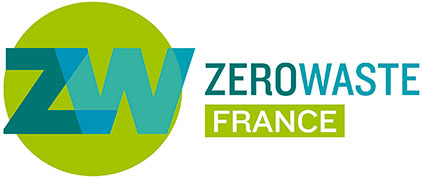Engaging your local area
Local authorities (municipalities, inter-municipalities, etc.) manage waste at the local level. They are therefore essential actors for zero-waste approaches.
A Zero-Waste policy on a local scale
For a local authority, committing to a zero waste approach means choosing to make continuous and rapid progress in waste reduction and recycling.
Initiating a « zero waste » approach at the scale of an urban area means the following:
- set up organic waste sorting (through local composting or separate collection) to remove one third of the waste we put in the bins.
- implement financial incentive schemes such as incentive pricing, which allows citizens to pay according to the amount of waste they produce.
- carry out waste reduction actions aimed at promoting a zero waste lifestyle, opposing single use and encouraging reuse.
- involve all the actors of the area – the citizens in particular – because zero waste is everyone’s business!
- commit to reducing waste sent to landfills and incinerators by planning the closure of certain treatment facilities in the short, medium or long term.

Territories committed to zero waste
Throughout the world – namely in Europe – many territories have started zero waste policies. The cities of Treviso in Italy, Hernani in the Basque Country and Ljubljana in Slovenia are now setting an example, with non-recycled waste production figures of less than 100 kg per year per inhabitant, where the French average is over 250 kg. In France, some territories are also achieving these performances.
Discover the stories of pioneering areasTaking action on your territory
Zero Waste France provides elected representatives and technicians from the communities with plenty of tools and resources to inform, convince and initiate the approach on your territory.
Sign up for the monthly newsletterComing training dates and study tours





